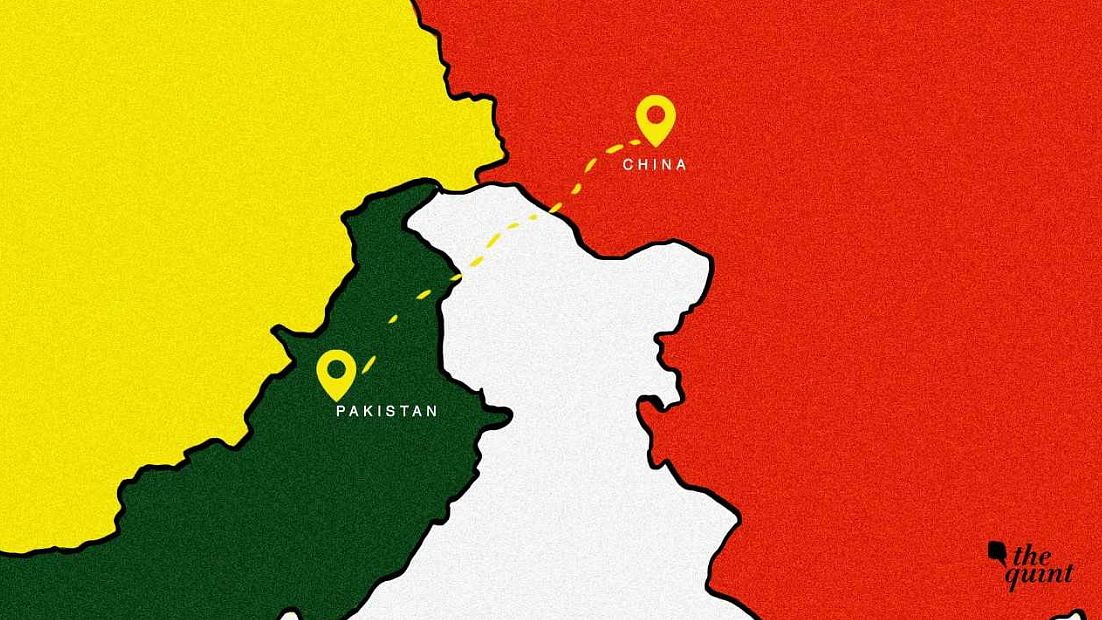CPEC Exemplifies De-Link Between Investment and Development: US
The China Pakistan Economic Corridor links China’s Xinjiang Uyghur Autonomous Region with Pakistan’s Gwadar Port.

advertisement
The ambitious multi-billion China-Pakistan Economic Corridor (CPEC) exemplifies what happens when one de-links investment and development from established best practices and infrastructure growth, a senior US official has said.
The CPEC was launched in 2015 when President Xi Jinping visited Pakistan and it now envisages investment of over USD 60 billion in different projects of development in Pakistan.
The CPEC, which connects Gwadar Port in Balochistan with China's Xinjiang province, is the flagship project of Chinese President Xi Jinping's ambitious Belt and Road Initiative (BRI).
Energy, coal, electricity production plants can be built, but if distribution is not simultaneously reformed, you're producing for a system that can't carry the load and the government is still committed as a sovereign guarantee to pay for the cost of energy that can't be accessed by consumers, Acting Assistant Secretary of State for South and Central Asia Alice Wells said.
She made the remarks while responding to a question Thursday during her appearance at the Wilson Center think-tank.
Because if you don't have the right policy framework, if you haven't undertaken the necessary reforms, there are consequences to some of the development decisions, she said.
According to Wells, there's been a tendency to conflate CPEC with grant assistance rather than understanding it to be the loans, and loans not at concessional rates, that it is.
Wells said the Indo-Pacific region alone requires 27 trillion in infrastructure investments by the year 2030.
"We want China to be a responsible supporter and funder of infrastructure. No one country can do that. We all need to help work to ensure that countries have meaningful choices for sustainable and quality infrastructure, Wells said.
What I think we all need to question and where we all need to push is, why isn't China adopting international standards? Wells asked.
Responding to a question, Wells said that United States does not feel threatened by CPEC.
I don't think the United States is feeling threatened. We're very proud of the long history of military to military cooperation that we've enjoyed with Pakistan, she said.
We continue to have increasingly constructive relations with Pakistan. Pakistan has been a very important actor in anti-piracy effort where we've collaborated together in the Gulf, where Pakistan has had a liaison officer in Bahrain where the 5th Fleet is located, she said.
And this administration is actually asking for more from neighbouring countries to burden-share on whether it's anti-piracy or Iran's malicious efforts to complicate shipping through the Arabian Gulf, she asserted.